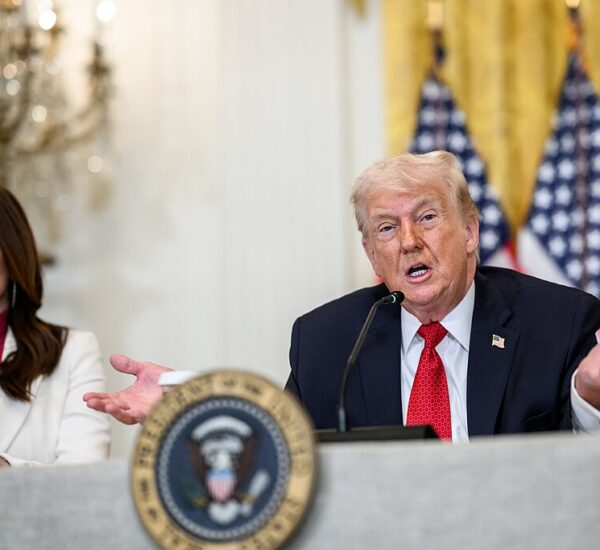Democrats Panic Over Pentagon Cuts
A recent move by Defense Secretary Pete Hegseth to cut Pentagon spending by 8% over the next five years has sparked significant backlash, particularly from Democrats, who argue that these cuts would jeopardize national security. Hegseth’s plan, announced in a memo, would trim around $50 billion from the Department of Defense’s budget in the upcoming fiscal year as part of an overall strategy to fund President Trump’s priorities. These include strengthening border security and establishing an Iron Dome-like missile defense system for the United States, aimed at countering growing threats from adversaries like China, Russia, and Iran.
While traditionally, Republicans have been staunch supporters of a robust defense budget, many are surprisingly taking Hegseth’s proposal in stride, with some even supporting the cuts. The Pentagon’s $850 billion annual budget has already been a topic of debate, with some GOP lawmakers pushing for an additional $100 billion for defense spending. These cuts, however, could create friction between the administration and Congress, especially if they affect districts with major defense contractors. Republicans are focused on ensuring the military is equipped to face the growing global threats while reducing wasteful spending.
The proposed cuts would also shift funding priorities, focusing more on domestic defense initiatives like cybersecurity, nuclear modernization, and countering transnational crime in the Western Hemisphere. Hegseth has emphasized that this is a chance to streamline military efforts, cutting unnecessary programs like those related to climate change and diversity, equity, and inclusion, which many Republicans view as distractions from core defense needs.
Some Republicans, like Senator Ron Johnson, support the changes, emphasizing the importance of restructuring defense spending to maximize effectiveness rather than simply increasing the budget. But the push to downsize the Pentagon could face strong resistance, particularly from lawmakers representing districts reliant on defense contracts, and from those who view cuts as a threat to military readiness.
The proposed reductions are reminiscent of the 2013 sequestration budget cuts, which were widely criticized for their impact on military preparedness. Despite the political divisions surrounding the proposal, it’s clear that the debate over defense spending will continue to be a central issue in the years ahead, especially as the U.S. faces increasing global challenges.






